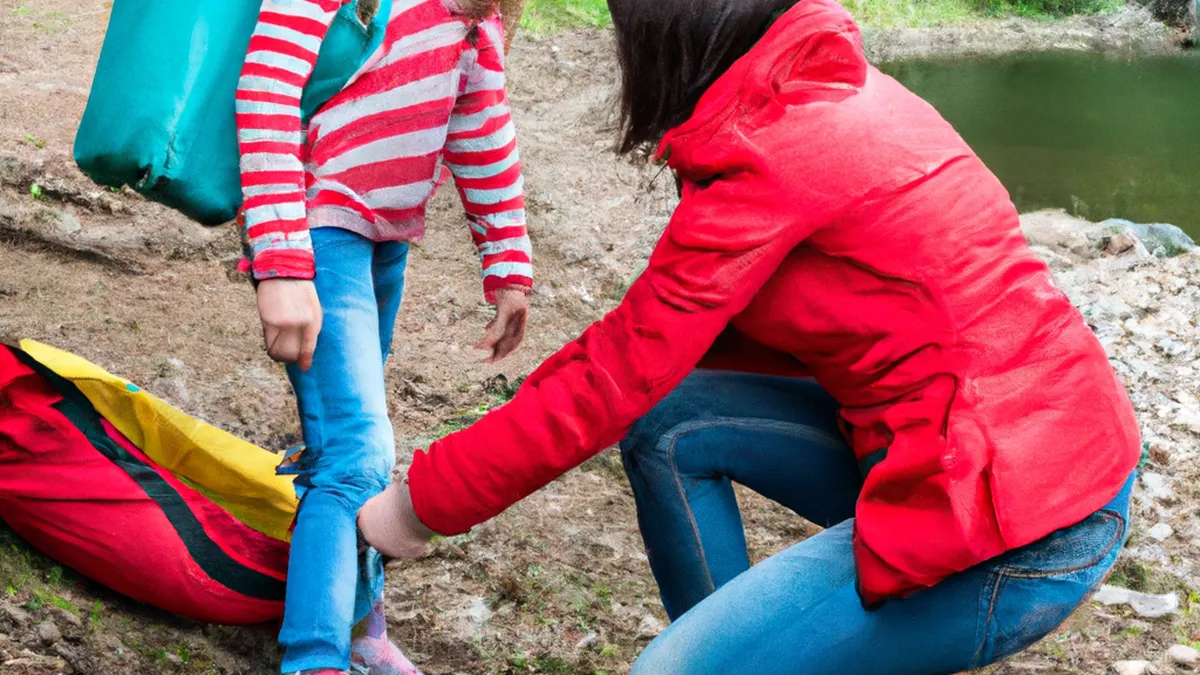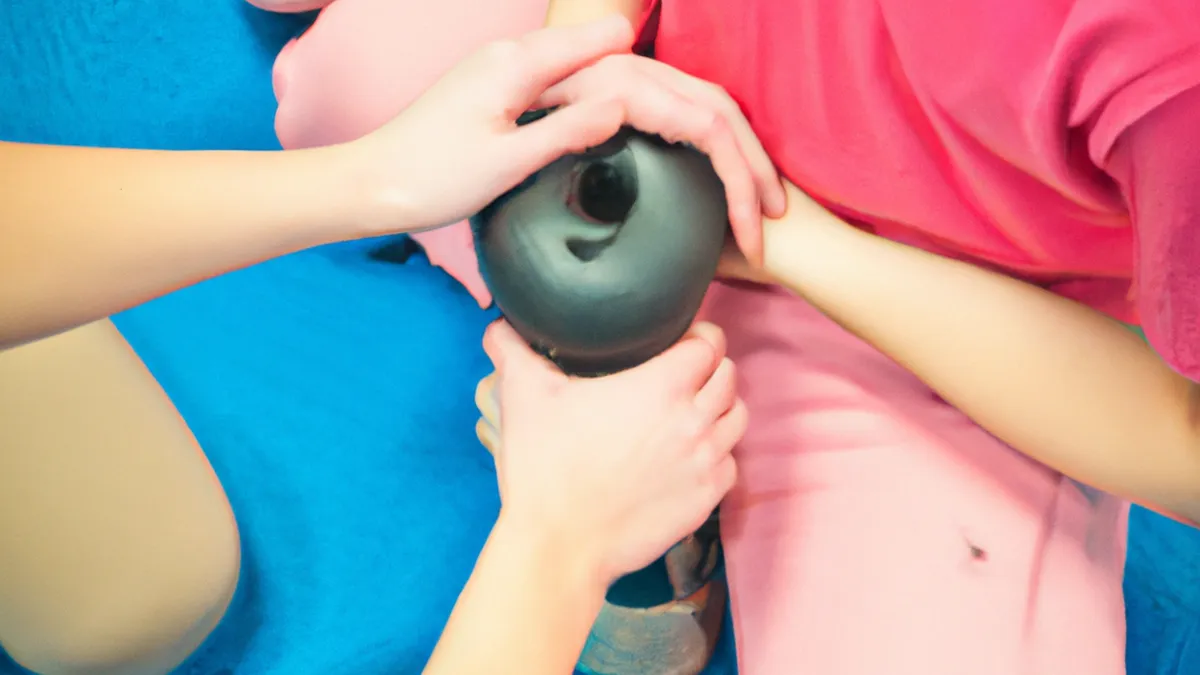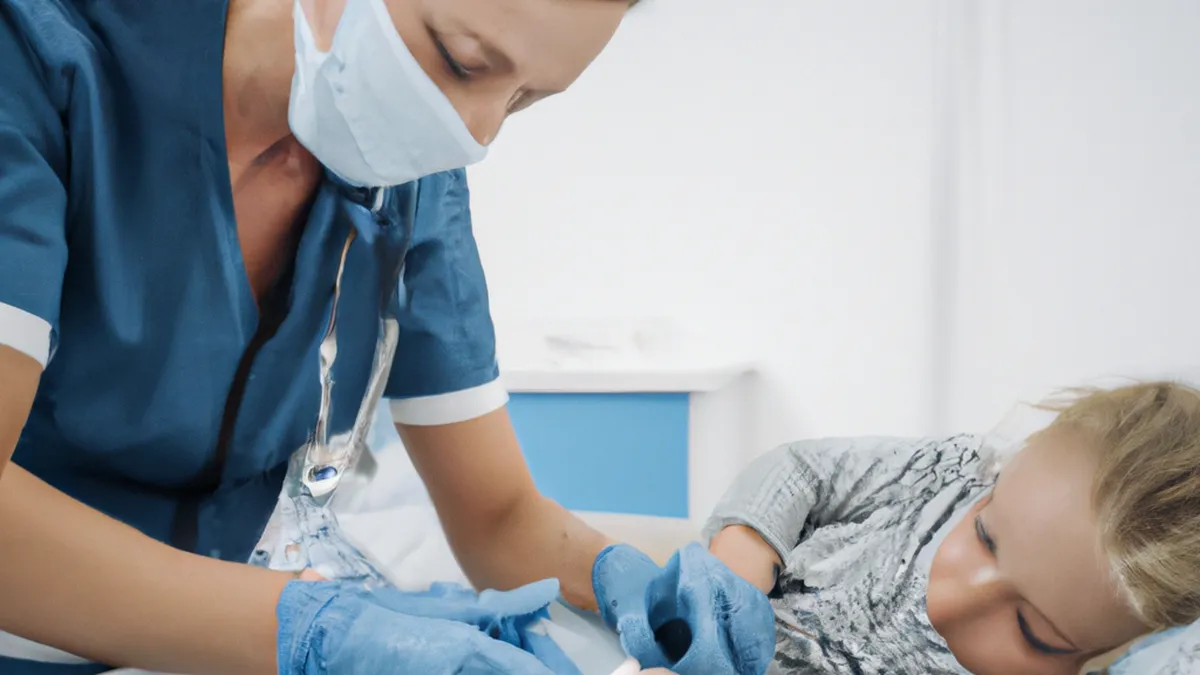First Aid Basics for Hiking Trips
First Aid in Remote Areas: Essential Skills for SafetyAdventures in remote areas require careful preparation. Whether hiking, camping, or exploring, first aid knowledge can save lives. In isolated locations, help may take time to arrive. Therefore, having essential skills and knowledge is crucial. This blog post offers first aid tips and advice for emergencies in remote areas.
Essential First Aid Skills
Basic first aid skills significantly improve outcomes in emergencies. Here are essential skills to master:
1. CPR (Cardiopulmonary Resuscitation)
CPR is a critical skill. It can revive someone in cardiac arrest. First, check for responsiveness by shaking the person gently. Ask if they are okay. If they don’t respond, call for help and begin CPR. Position your hands on their chest, interlock your fingers, and perform 30 compressions at 100-120 per minute. After every 30 compressions, give two rescue breaths. Continue this cycle until help arrives or the person breathes again. Knowing CPR can mean the difference between life and death.
2. Wound Care
Wounds can occur frequently in remote areas, from minor cuts to deep lacerations. Knowing how to care for these injuries prevents infection and promotes healing. First, clean the wound gently with clean water. Use antiseptic wipes or solution to disinfect if available. Apply a sterile bandage to protect the wound. Change the bandage daily or when it gets wet or dirty. Watch for signs of infection, such as redness, swelling, or pus.
3. Treating Sprains and Strains
Sprains and strains often happen during outdoor activities. To treat these injuries, use the R.I.C.E method: Rest, Ice, Compression, and Elevation. Rest the injured area to prevent further damage. Apply ice wrapped in a cloth for 20 minutes each hour. Use a compression bandage for support and to minimize swelling. Elevate the injury above heart level whenever possible.
4. Recognizing Shock
Shock can occur from injury or illness and is a medical emergency. Signs of shock include rapid pulse, shallow breathing, confusion, and pale skin. If someone shows signs of shock, lay them down and elevate their feet. This position improves blood flow to vital organs. Keep the person warm and calm until help arrives. Avoid giving them food or drink, as they may need surgery.
Preparing a First Aid Kit
As an Amazon Associate I earn from qualifying purchases.
Gear tip: consider sports first aid kit, kt tape, and blister pads to support this topic.
A well-stocked first aid kit is essential for emergencies.
Conclusion
In summary, mastering first aid skills enhances safety during remote adventures.
Below are related products based on this post:
FAQ
What is the importance of first aid knowledge in remote areas?
First aid knowledge is crucial in remote areas because help may take time to arrive. Having essential skills can significantly improve outcomes in emergencies. Proper preparation can save lives during outdoor adventures.
What are the essential first aid skills to master for remote adventures?
Essential first aid skills include CPR, wound care, treating sprains and strains, and recognizing shock. Mastering these skills helps you respond effectively to various emergencies. Each skill plays a vital role in ensuring safety during outdoor activities.
How should I treat a wound in a remote area?
To treat a wound, first clean it gently with clean water and disinfect it if possible. Apply a sterile bandage to protect the wound and change it regularly. Monitor for signs of infection, such as redness, swelling, or pus, to ensure proper healing.















Post Comment